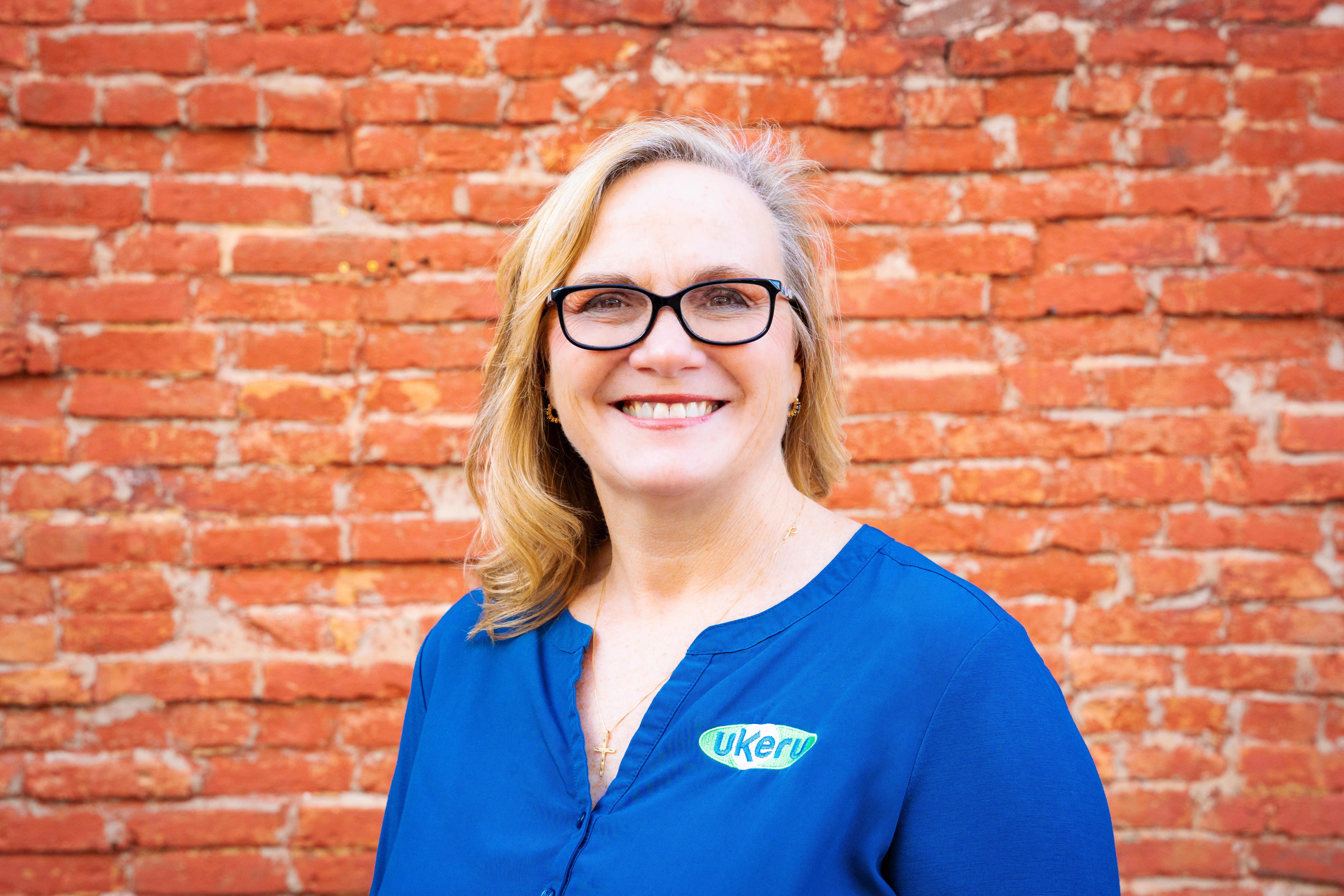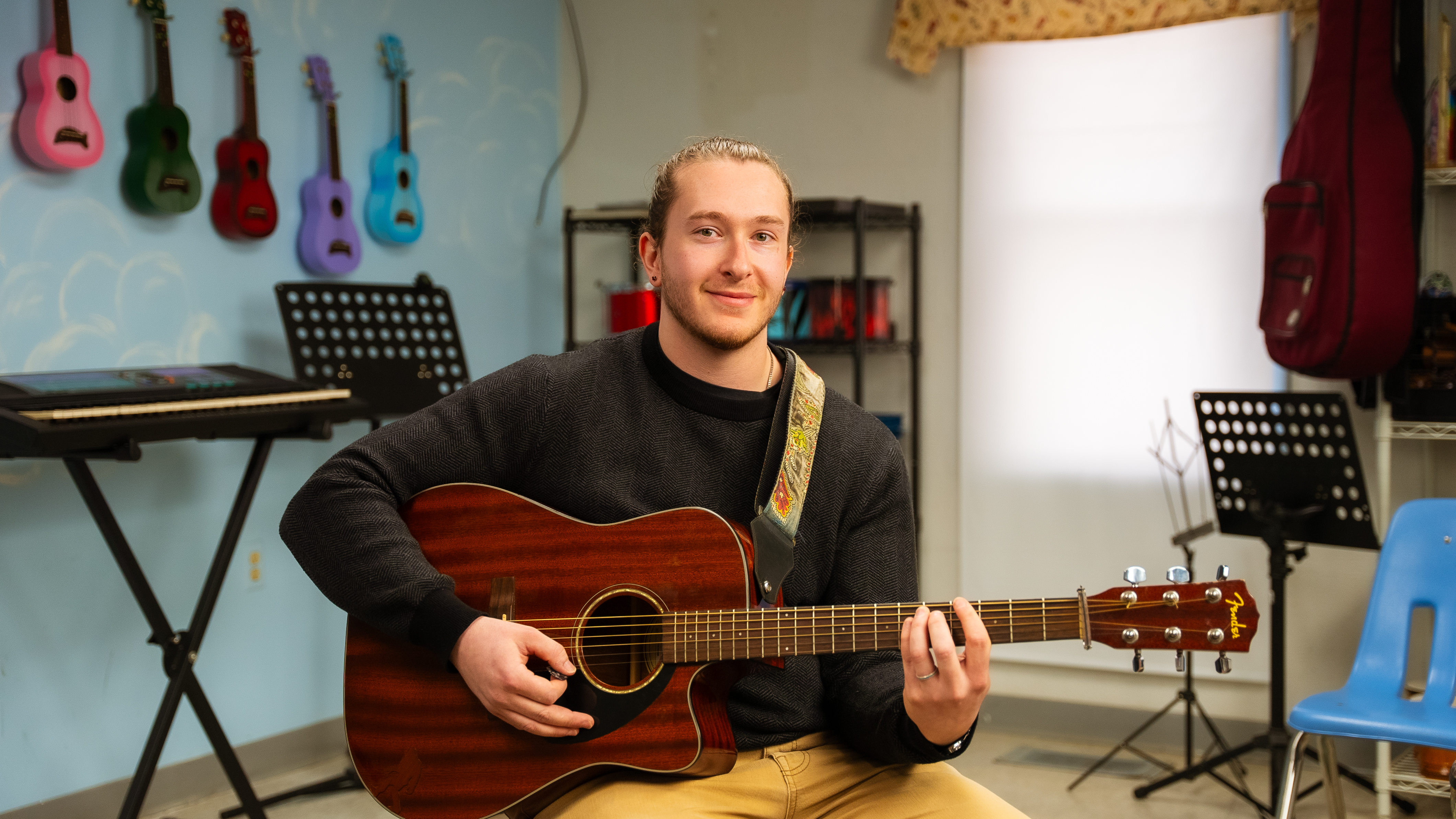This post was written by Ukeru Training and Performance Architect, Christopher Feltner, whose spirit animal is an owl.
When I started thinking about the topic of this blog post, I had an entertaining thought: “Patricia D. Wilcox is my spirit animal.” I took a quiz to determine my spirit animal. The site’s algorithm determined that mine was an owl. I have most in common—socially, intellectually, and spiritually—with an owl?! I disagree, it is Patricia D. Wilcox. Let me explain.
My ongoing obsession with the study of trauma lead me down many rabbit holes that only add more fuel to the fire. One of those rabbit holes was Patricia D. Wilcox’s book, “Trauma-Informed Treatment: The Restorative Approach.” If you have been through Ukeru™ training with me, you’ve heard me reference her work. Her passion for trauma-informed approaches mirrors many of my own. This is why she’s my spirit animal. One of the topics she discusses in this book is the idea that we need to teach the children we serve how to make amends. What does this mean?
Making amends is something, hopefully, we all do when we have wronged someone, regardless of intention. Most times, we do this by apologizing. Other times, we do things to try to make up for the wrong. I have been married for 18 years. To make it this far with the hope of making it at least another 18, my wife and I have had to—and will continue to need to—make amends. Making amends is a life skill!
In our settings, teaching those we serve about making amends (righting the wrongs) is a valuable lesson. Unfortunately, it is a skill often neglected by staff as well as those being treated. I don’t want to go too much into making amends because I want you to seek out Wilcox’s book and read for yourself. I do want to touch on one important action that comes into play by those of us providing care, as well as those we serve, before we can even get into making amends: forgiveness.
Before you can try to make amends or right a wrong, you must understand and value forgiveness. Without understanding and valuing forgiveness, the importance of making amends diminishes. However, even before we teach someone to understand and value forgiveness, the person needs to value relationships with others. This is a big challenge in those with low esteem and whose trauma has left them devaluing their own life. How do you teach someone to value first themselves, then their relationships with others? These are some of the challenges we face in our field.
A blog post can’t answer these questions. But, here’s where we start: us. If you are an administrator, what is your leadership style? When your staff make mistakes, do you handle them kindly or do you rain down authoritative fire? Do you teach or do you punish? If you supervise employees, I would ask the same questions. These questions need to be answered, and our style evaluated. How employees are treated will affect how direct care workers treat those we serve.
When those we serve act out in aggressive ways, do we treat them in ways that model forgiveness? Do they feel valued as a person by us? Do they feel that we are in there to help them grow? Do we make them feel hope? Or, do we demonize them with labels and treat them in a way that reinforces the negative ideas that they may already have internalized? If we want those we serve to forgive and want to make amends, then we need to model that behavior in how we treat them, especially during times of emotional difficulty.
We live in a culture that can seem very unforgiving. A treatment-based program or facility should be one of the safest places there is for our folks. Are we willing to forgive the individuals we serve who are verbally and/or physically aggressive toward us? If we are truly looking to treat vs. contain, we need to. Because if we can’t show forgiveness, what hope do our individuals have of learning the value of it, much less in valuing another enough to make amends.




